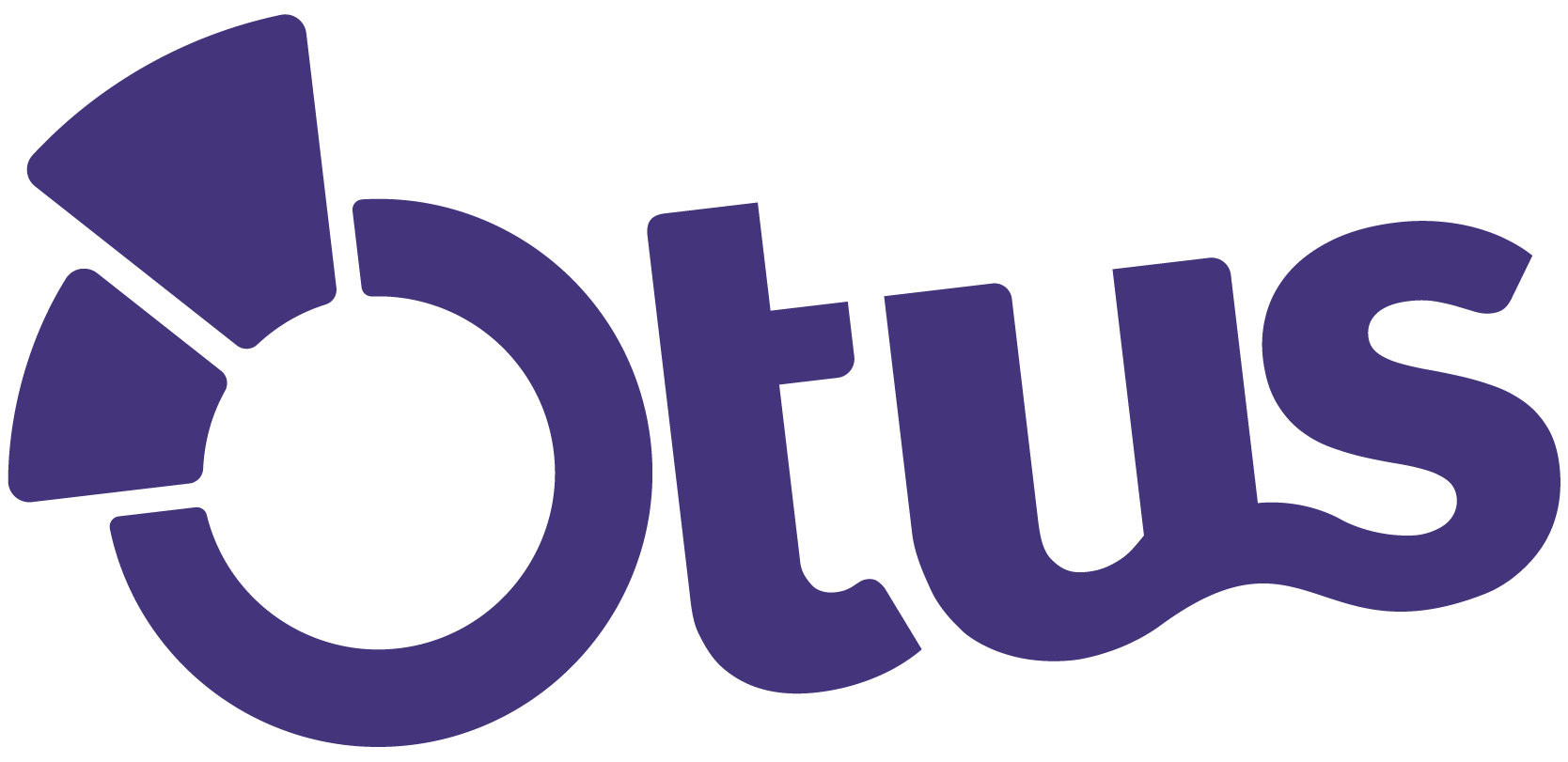A Conversation from Our Regional Workshop
This interview was captured at the 2022 Northwest Educational Services (NES) Otus Workshop. As part of this learning and collaboration time, we sat down with Ashley Troy, Director of Teaching & Learning for Northwest Education Services. Ashley shared with us how NES has utilized Otus since its implementation in 2019 and what lies ahead for this exciting partnership.
Our Regional Workshops are an opportunity for Otus users to learn more about Otus while networking with innovative educators from school districts in their region. All Otus workshops are free to educators, including those not currently using Otus, and are designed to support their professional learning and growth.
Read: Three reasons you don’t want to miss an Otus Regional Workshop!
Three Key Takeaways from Our Conversation with Ashley Troy
- Match Lesson Language to Assessment Language
If the language around a standard isn’t consistent throughout all your teaching materials, student comprehension of the standard won’t be consistent either. It’s important for educators to carefully study and build common language around each standard so that students are set up for success come assessment time. With integrated educational platforms, such as Otus, educators can easily review previous assessments to look for any inconsistencies that may have resulted in a high percentage of students performing poorly on a specific question or section in a given assessment. Educators can then easily eliminate that question from the assessment and update the language for the next time it’s administered to students. - Engage in Data Dialogue
Student data platforms allow educators to quickly and easily manipulate data to reveal trends in their student population and engage in data-informed discussions around instruction and student success. With Otus, educators can generate and visualize data sets in real-time during parent-teacher conferences, student-teacher conferences and professional learning communities, leading to meaningful and engaging conversations. - Let Educator Feedback Drive Development
When investing in new learning software, partnering with an educational technology provider that values educator feedback should be a top priority for K-12 schools. The successful implementation of a new platform shouldn’t be the end of regular communication with a provider but rather the first of many milestones on your ongoing journey together. With an open-door feedback policy, schools receive the support they need for their educators and students to succeed, and the edtech provider garners valuable user feedback that can drive product development and lead to an improved solution for their entire user base. In Ashley Troy’s case, Otus used feedback from Northwest Education Services to build a new feature, Assessment Folders, that makes common assessment processes across their 16 schools manageable and simple – a product update that Ashley refers to as “a game-changer.”
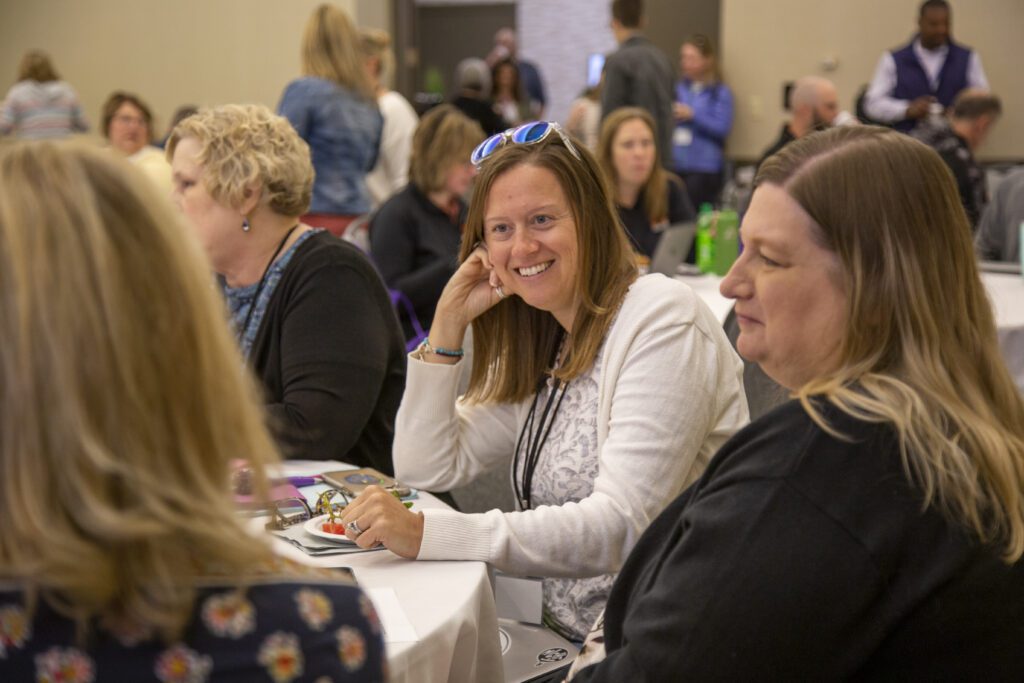
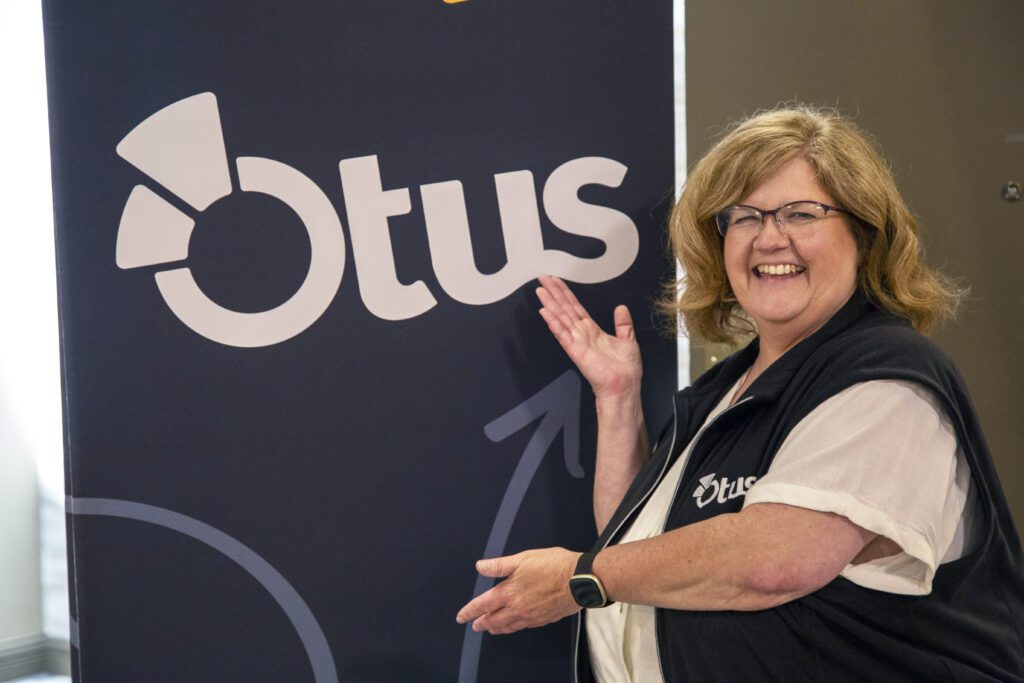
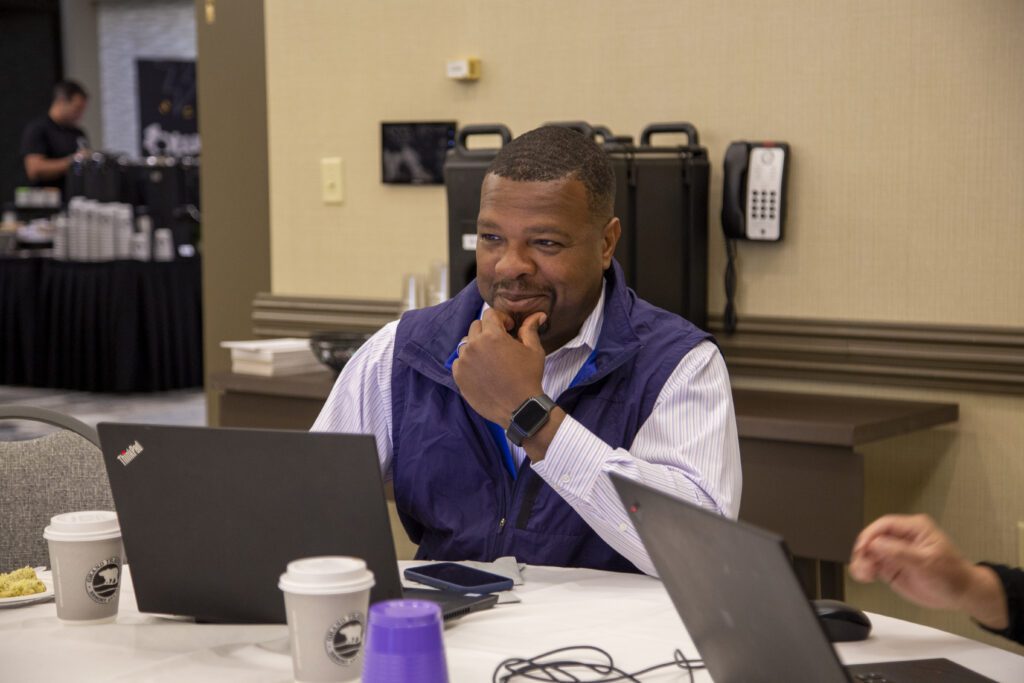
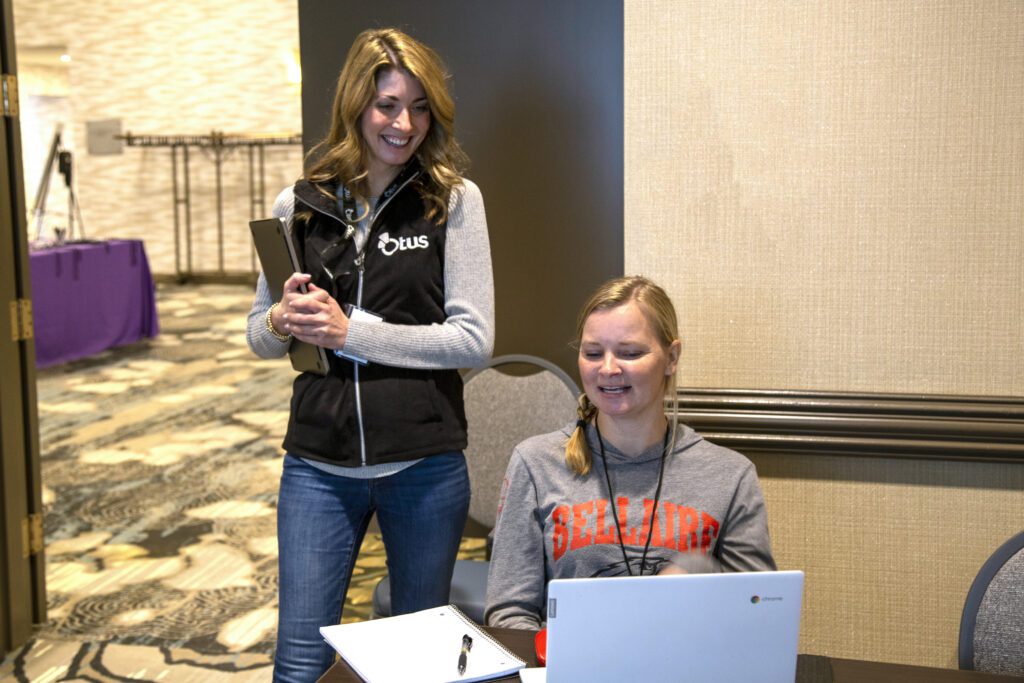
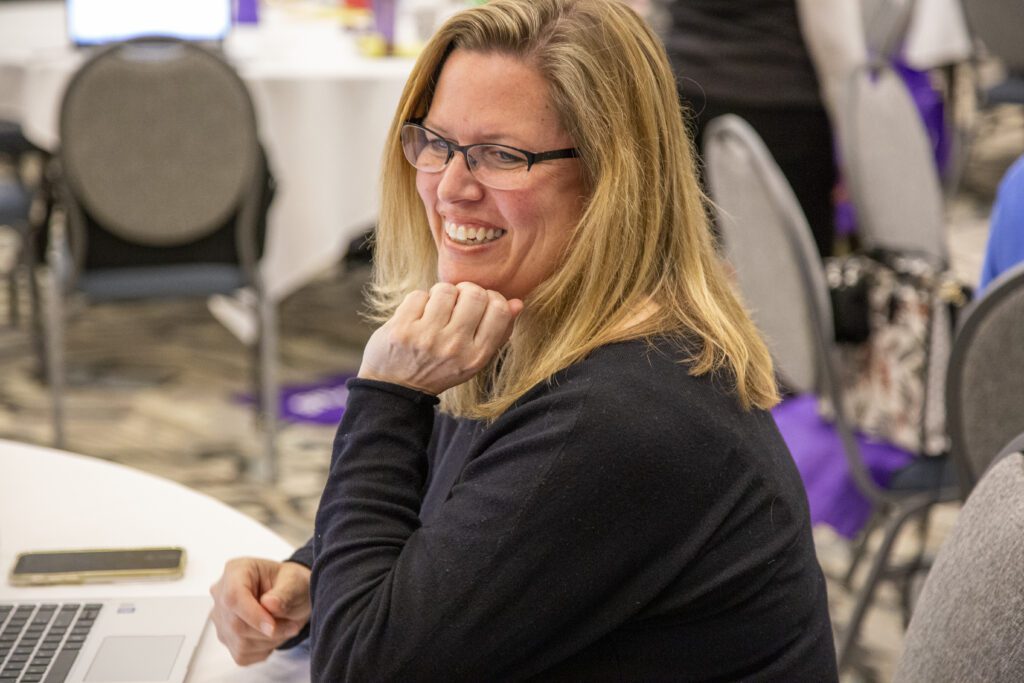
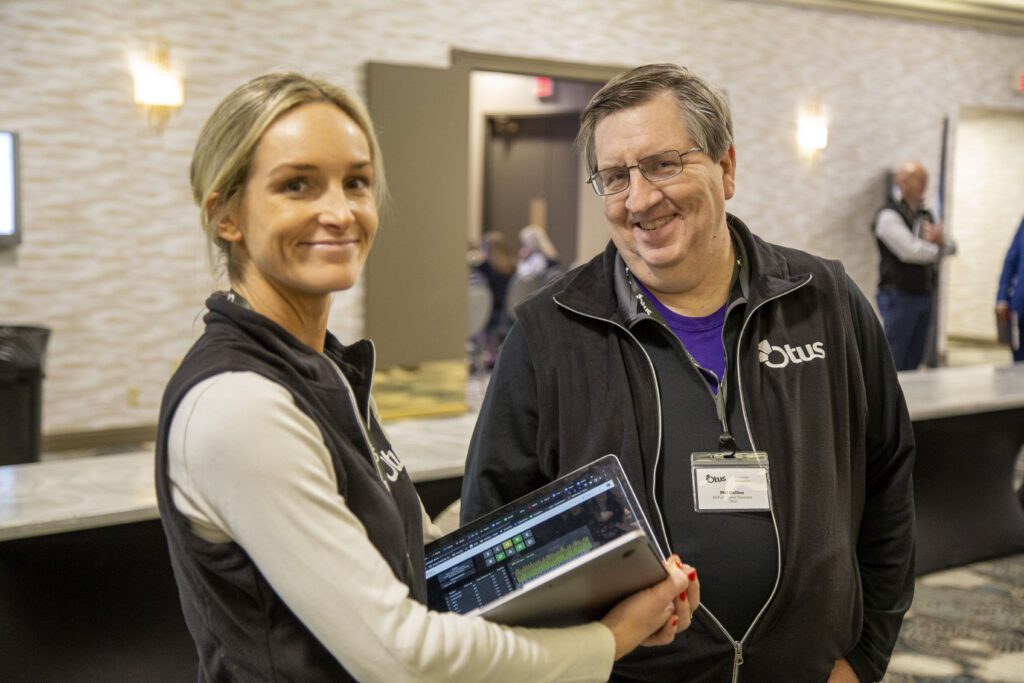
Interview Transcript
Kendell (00:08)
I know we’ve met before, but for those who haven’t met you, can you do a quick introduction with your name and your role with Northwest Education Services?
Ashley Troy (00:16)
Sure. I am Ashley Troy, and I’m the Director of Teaching and Learning for our Instructional Services team at Northwest Ed.
Kendell (00:22)
Okay. Well, thank you, Ashley. As the Director of Teaching and Learning, can you tell me a little bit about just the types of tools that you see teachers using and loving in your work with them? It doesn’t have to be Otus-specific. What’s working in edtech right now?
Ashley Troy (00:38)
Well, I think access to more devices, so students are more one-to-one right now. Especially through the pandemic, districts were able to purchase more technology for kids. So I think just access to technology has increased over the years, and that has been impactful for students.
So with that, with one on one or one-to-one devices and people not having to go to computer labs to administer assessments, with students being able to do that right in the classroom, I think Otus has been more powerful because of that. So a lot of teachers are using common assessments that we’ve either built that are standards-based using the item bank within Otus or they’re in program assessments that we’ve been able to digitize with permission so that they can do their end-of-unit assessments and get immediate feedback and scores to be able to make instructional decisions kind of the next day or even that day for kids.
Kendell (01:33)
Wow. So it sounds like the region has really taken on those assessments and begun to implement both standards-based as well as teachers’ local assessments. How has the implementation grown to that point where teachers’ proficiency at some districts is so high with the Otus platform? What has the journey been like thus far to get to that point?
Ashley Troy (01:54)
Sure, so we support, like, 16 different public school districts, so within that, there’s been a range. As far as implementation goes, a lot has just grown from one teacher investing in it and starting it and seeing success, and then it’s just kind of spread throughout either their grade level then or through grade bands or even into, like, their whole entire building.
So I think it just was a teacher being courageous, taking a step, doing it with kids, and then just taking the time to do something, then with the data and then the success with it. Talking to other teachers, they just motivated each other to kind of grow.
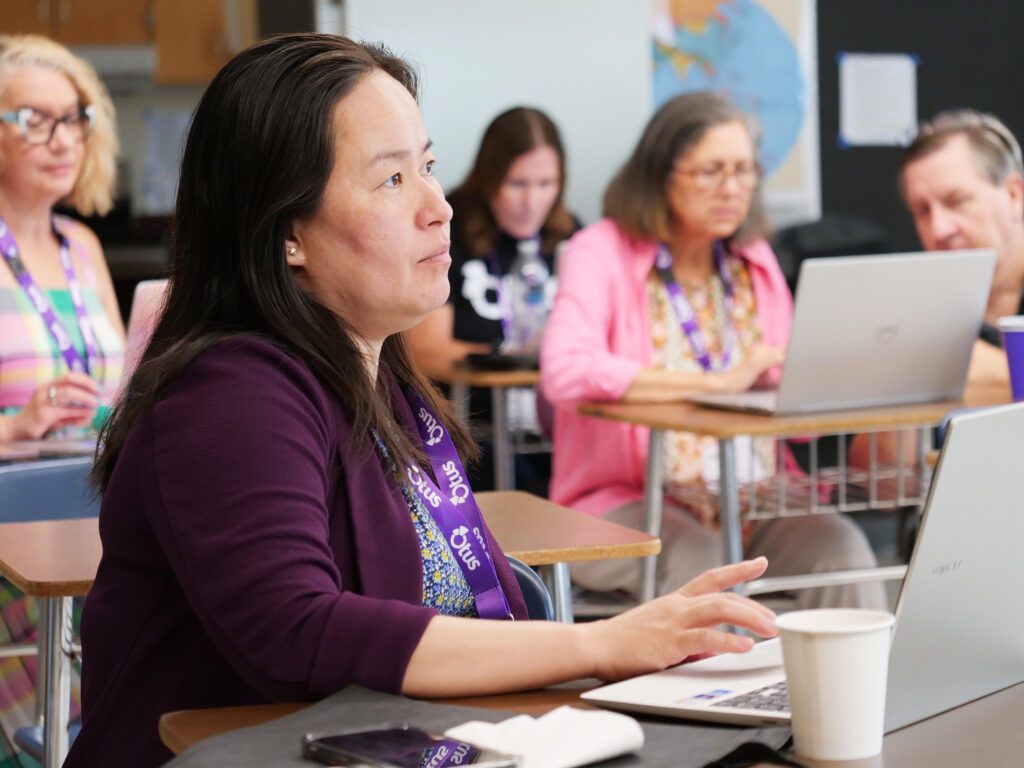
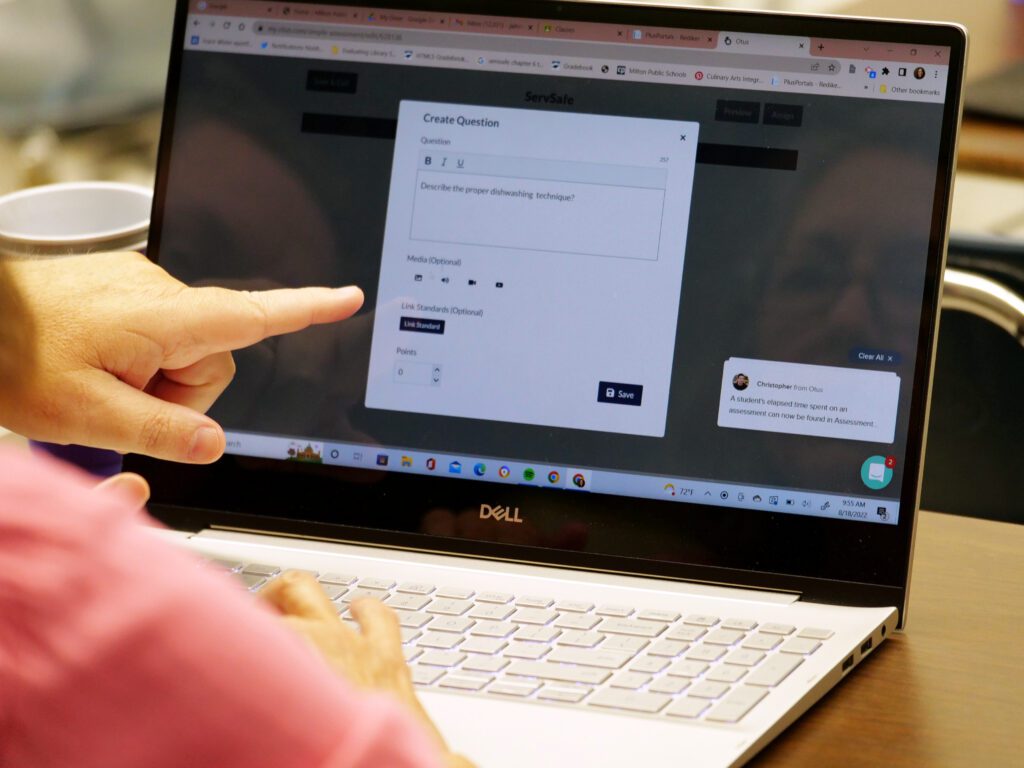
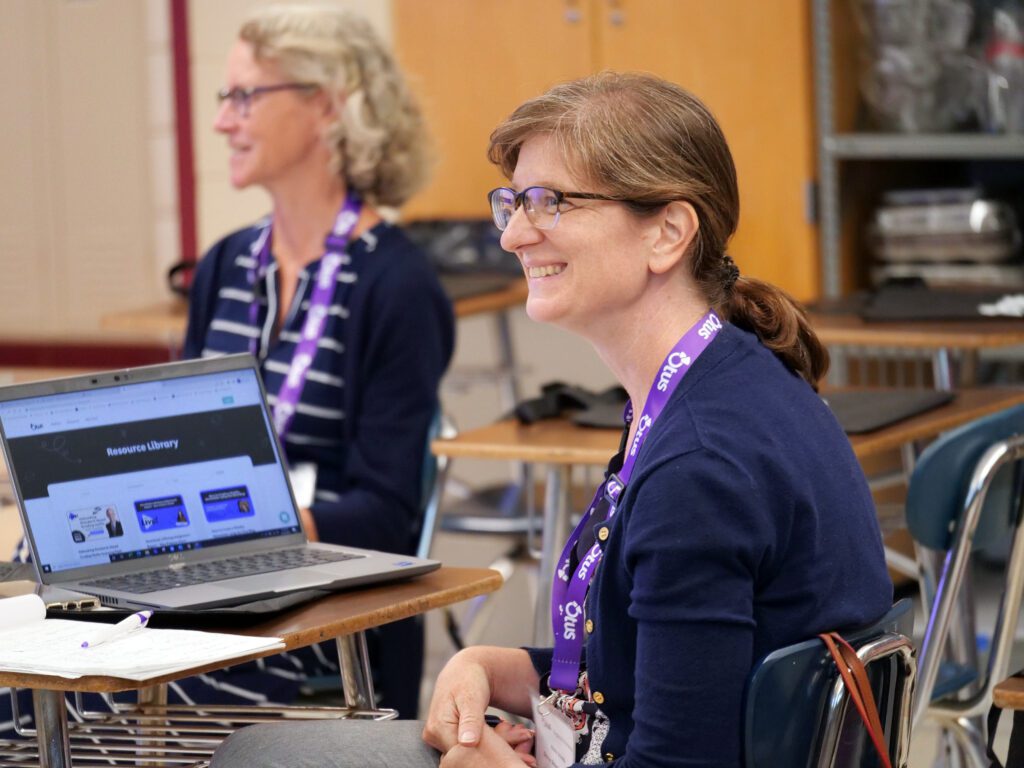
Kendell (02:33)
Okay, that’s great to hear. Once teachers give the assessment in Otus and they have this data, are they asking any new questions that maybe they hadn’t been asking before when they were delivering paper and pencil assessments, say?
Ashley Troy (02:46)
Yes, we’ve had some teachers who, when looking at the standards-based reports, have really looked back and said, when looking at the item level and seeing how many kids either were incorrect or correct on that mainly more with the incorrect, recognizing the standard language that was present in the question to then go back to instructionally was that the language I was using with students and there has been a shift in the recognition around what is the standard, what is it saying and like, how are we able to actually assess it? So there’s been increased thoughtfulness around standards practice and ensuring during instruction that they’re really getting to that standard language so that when kids get to the assessment, kids are set up to be successful. So I would say there’s been a big shift in conversation around standards specifically.
And I would also say we have some districts that are trying to move toward standards-based reporting and seeing like standards coverage over time and being able to kind of filter like, mean, most recent to give them a different look or a different conversation depending on what the purpose is, has been really beneficial and has been really impactful for like parent teacher conferences, for just conferencing with students or even grade level team planning together, too.
“There’s been increased thoughtfulness around standards practice and ensuring during instruction that they’re really getting to that standard language so that when kids get to the assessment, kids are set up to be successful.”
Kendell (04:13)
It sounds like Otus has really woven its way into the practices within educators in the region. Is there anything specific or is there anything that you’ve seen as far as the student end of things, as far as how we talked about like, teacher impact, teacher practice, what about the impact on students? Are students receiving Otus well? What does that look like in the day-to-day schools that you’re supporting as far as the student experience and how receptive or not receptive they are to Otus?
Ashley Troy (04:45)
Feedback that we’ve received has been very positive as far as the single sign on is huge. So not having all of their username that they’re typing in every time, a long password that they’re getting, the usability as far as even clicking around to get to an assessment where in some of the platforms that we’ve had to administer assessments before they’ve had to type in a code, and so for like kindergartners and ten digit code has not been helpful, where in Otus they can just kind of click on the assessment and get right to it.
So I would say usability has been feedback has been positive and like, the less clicks on the kids side of things has been really helpful, too for efficiency purposes.
Kendell (05:24)
In thinking about your Otus journey and where you all are, looking back maybe about three years ago, what would you say it has been about the implementation that has worked well? So if others were looking to implement Otus and to get to where you are, what’s working or what has been that change maker in the outcomes that you’ve seen.
Ashley Troy (05:46)
I think it’s been “what are the questions you’re trying to answer” and then using the platform to help solve the problem or answer the question. When we started, some of it was more like the logistical side of this is Otus, this is all the things that it can do, which was great, but people weren’t always connecting with that until they had a need for something. And then it was like bringing Otus back up, showing how the platform could meet that need was a better entry point for us to get more traction in most of the building.
So I think it was just a nuanced flip for our rollout or implementation plan that helped kind of spread the usage rates further, was just, what are you trying to do? And then, how can Otus help? Instead of “these are all the things Otus can do, how do you want to use it?” I think the difference in that conversation was powerful.
Kendell (06:38)
I can imagine, absolutely. That local context or “help me figure out how this fits” is just such an important part of a platform. Otherwise it’s like, “okay, great, I can find the home button. What does that mean for me as a teacher in my role with my students?” So that’s always good to hear.
At Otus, we love to talk about our support and our team. Is there anything that you’ve seen in the region or heard from teachers around just implementation support or live-time support? Anything specific there that’s noteworthy that you’ve heard from educators, and if it’s good or bad?
Ashley Troy (07:13)
That has been extremely positive. So internally with our team, we have had amazing support and have been so impressed with just the responsiveness of everybody in Otus, whether that’s via email, whether that’s the in-app chat, or just even jumping on a quick Zoom to problem solve something.
So I would say internally, our team, the support that we’ve been provided has been phenomenal, and I would say that teachers also feel that too. So that in-app chat, with the responsiveness of all the people that you can start a conversation with, has definitely been a game changer for people and the sense of feeling really well supported and getting solutions to their problems rather quickly.
So it’s not like you’re responded to, like, “I’ll get back to you.” No, it’s fixed in real-time, always. So we’ve had very good feedback from principals, from teachers around the responsiveness of that and even the articles that are present on there in the videos, how they’re just quick to the point. The articles are easy to read, so you’re not trying to scroll through, what do I need to read here? It’s all to the point. So I think the conciseness and explicitness of both articles and the videos has also been really helpful when we kind of run into something where it’s like, I’m pretty sure this is an easy fix, but I don’t know the answer to it. So those also have been really helpful.
“We have had amazing support and have been so impressed with just the responsiveness of everybody in Otus, whether that’s via email, whether that’s the in-app chat, or just even jumping on a quick Zoom to problem solve something.”
Kendell (08:41)
We got it. Well, that’s great to hear. Thank you for sharing that. Where do you think Northwest Education Services and the schools that you support is heading next? Is it just really working on those assessments, are there other goals that you have as you look to the new school year? What’s next for you all?
Ashley Troy (08:58)
Next for us is really focusing in on common assessment windows, helping teachers administer those assessments. So not only kind of the third-party assessments, but more of our regional common assessments so that we can do more of a triangulation of data together and be collaborative with one another. So some of our districts are small and they only have one teacher per grade level and others have more teachers per grade level. So what we would like to do is use the assessment data as that place where they can all come together and then talk about instruction, what are they doing, and collaborate across our region together based off those data sets. So that’s really our next step.
And we do have a lot of districts that are looking towards standards-based report cards. So what is the system that we need to help them build so that when that report card is finished, it is a true, really, portfolio of standards coverage and mastery of what was taught and what was learned.
Kendell (10:00)
That makes sense as far as where you all are heading next and what that looks like in the region.
I’m curious about the collaboration piece of Otus and how the tools in Otus have supported that, because I know that you all were almost like our guinea pigs with the assessment folders. So from when you started to where you are now with the sharing of folders and the housing of resources, is that helping with the collaboration piece? Are people finding the folders easily accessible? How has that in particular been received?
Ashley Troy (10:28)
Yes, folders have been a game changer, so that has been super helpful instead of sharing one assessment by one assessment. So that has been huge. And having the teacher groups and Otus to be able to share through the groups instead of each teacher email has also helped. On our end, things just became a lot more efficient.
Kendell (10:47)
Correct me if I’m wrong, but Northwest Education Services, where you’re housing these assessments you’re sharing with, it’s almost like an umbrella, right? About how many schools are you sharing these local common assessments with?
Ashley Troy (10:58)
Well, we have 16 local school districts and then within each of those there can be multiple buildings. I don’t know the exact number, but quite a few.
Kendell (11:09)
That’s a lot to manage.
Ashley Troy (11:10)
Absolutely.
Kendell (11:12)
Just a fun question: What makes Northwest Education Services such a great community to be a part of and work for, from your perspective?
Ashley Troy (11:19)
I think it’s just the people, the people that we get to work with, the people that we get to support and who support us. There’s just a lot I would say. I love that everybody’s heart of hearts is really invested in kids and wanting to do what’s best for them. So as stressful and overwhelming as education can be, right now. I think when we bring it back to why are we all here, and the essence of for the kids, I think that just helps the continued collaboration and positive relationships that we have within our organization, but then also with teachers across our organization too, or outside of our organization.
Kendell (11:59)
Absolutely. Well, we feel that, and you all have been so welcoming to us and asking great questions and just trying to find how Otus works with the amazing things that you all are doing. So we appreciate how welcoming the community has been, and I feel that on my end, just the collaboration here is second to none. Truly a very talented leadership, facilitating those conversations locally that makes such a difference. And I think that’s why you all have been so successful. At least from where I’m standing, you can feel that communication and transparency around what you’re doing and where you’re going. And I think that’s a testament to the groundwork you all laid three years ago.
Ashley Troy (12:40)
Thank you.
Kendell (12:41)
It’s a long play, right? So we’re still in it.
Ashley Troy (12:44)
Still in it.
Kendell (12:46)
I think that’s all I have. I guess I’ll ask one last question: Three years ago, Northwest Education Services adopts Otus. What advice would you give to somebody starting their Otus implementation now that you have gone through three years of implementation and working with teachers, just any general advice that you wish you knew at the time that you know now?
Ashley Troy (13:00)
I think recognizing that it is a journey and you’re not going to use everything all at the same time and that you’re going to use some things way more than other things. And not having to feel like it needs to be like an equivalent I’m just seeing the bar on the side, like an equivalent ratio of time allocation spent.
So I think just giving yourself some grace around “we’re going to start here, and then we’re going to add this, and then we’ll get down to here, whatever that is, based on what needs are. But I think just not overwhelming yourself with trying to do it all at once would be something I would say and need to remind myself of.
Kendell (13:51)
We love to hear that because that’s usually like, start small, experience success later on, but it’s easy to be distracted by shiny things and not think about the day to day of a teacher who has to figure out all the shiny things, and they’re all shiny and they’re all great, but just take it slow.
Ashley Troy (14:10)
Exactly.
Kendell (14:11)
We love to hear that. Well, thanks so much for chatting with me and sharing more about your Otus journey. You’re just always being such a great partner to us at Otus. We love coming out here. We were so excited.
Ashley Troy (14:20)
We’re happy to have you here.
Thank you.
Kendell (14:22)
Thank you.
